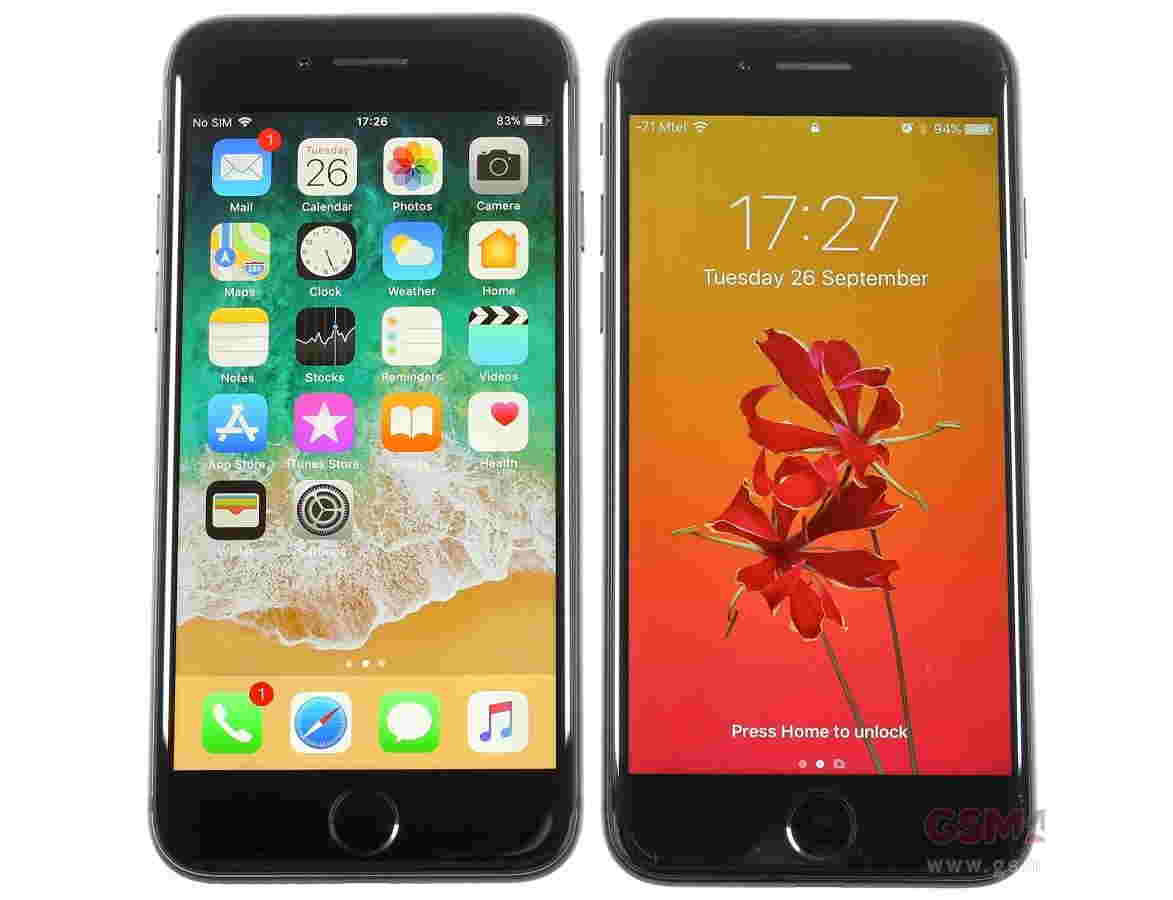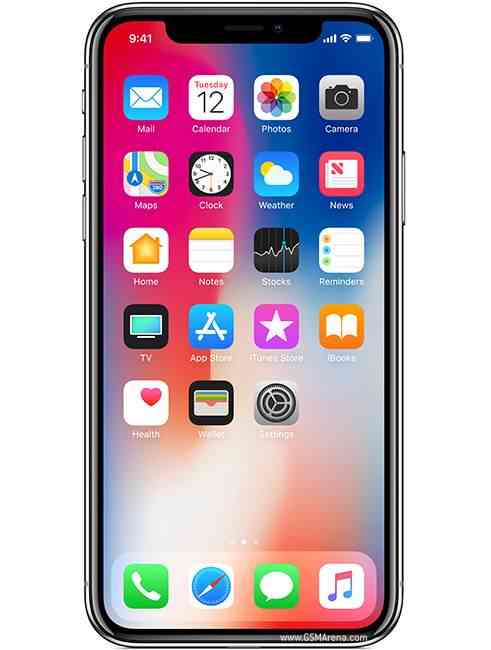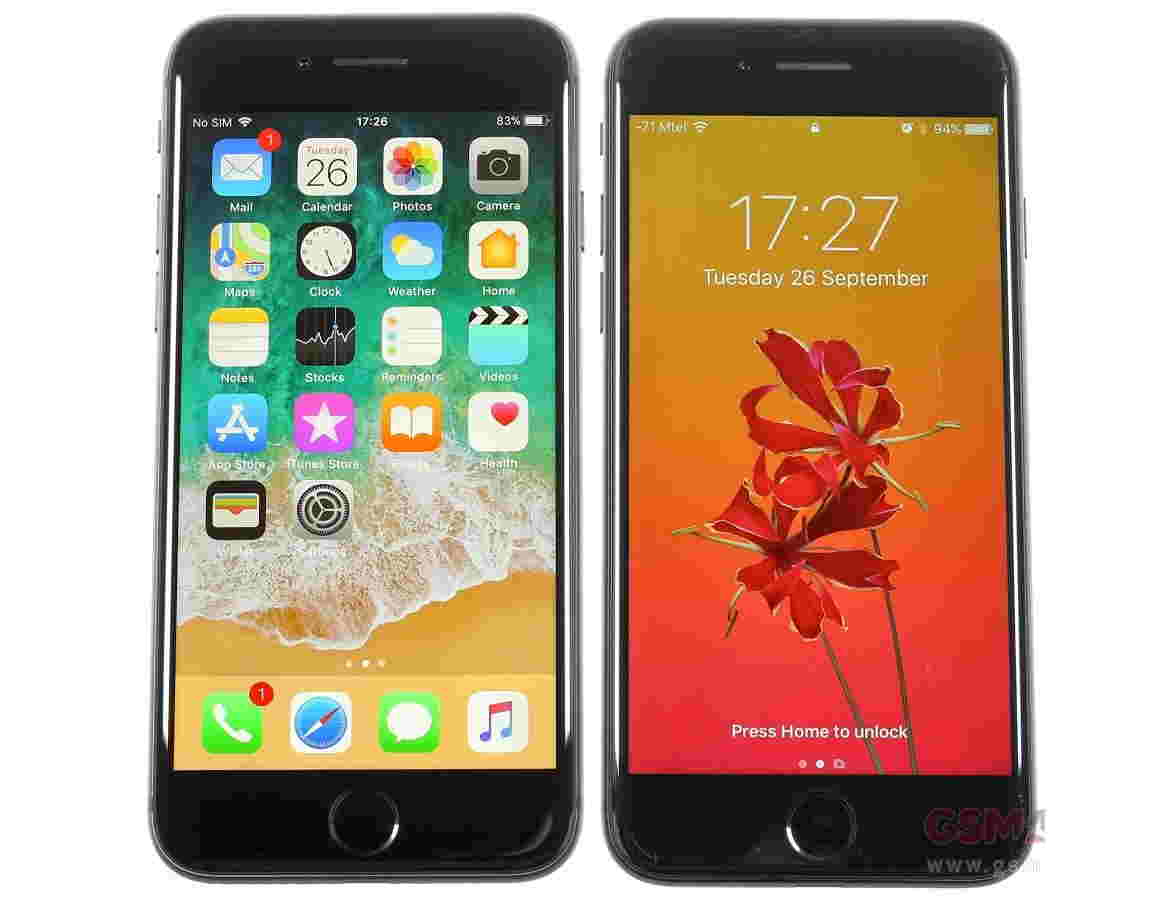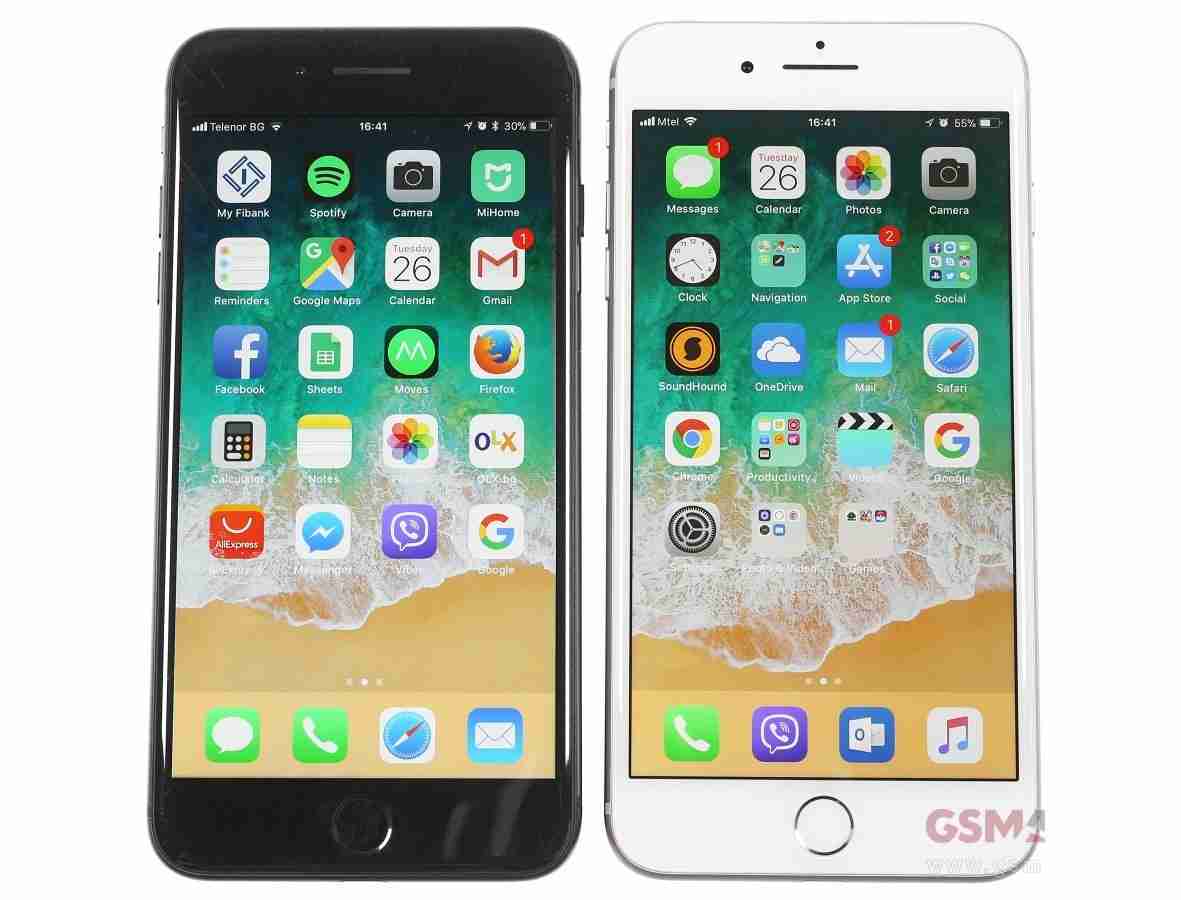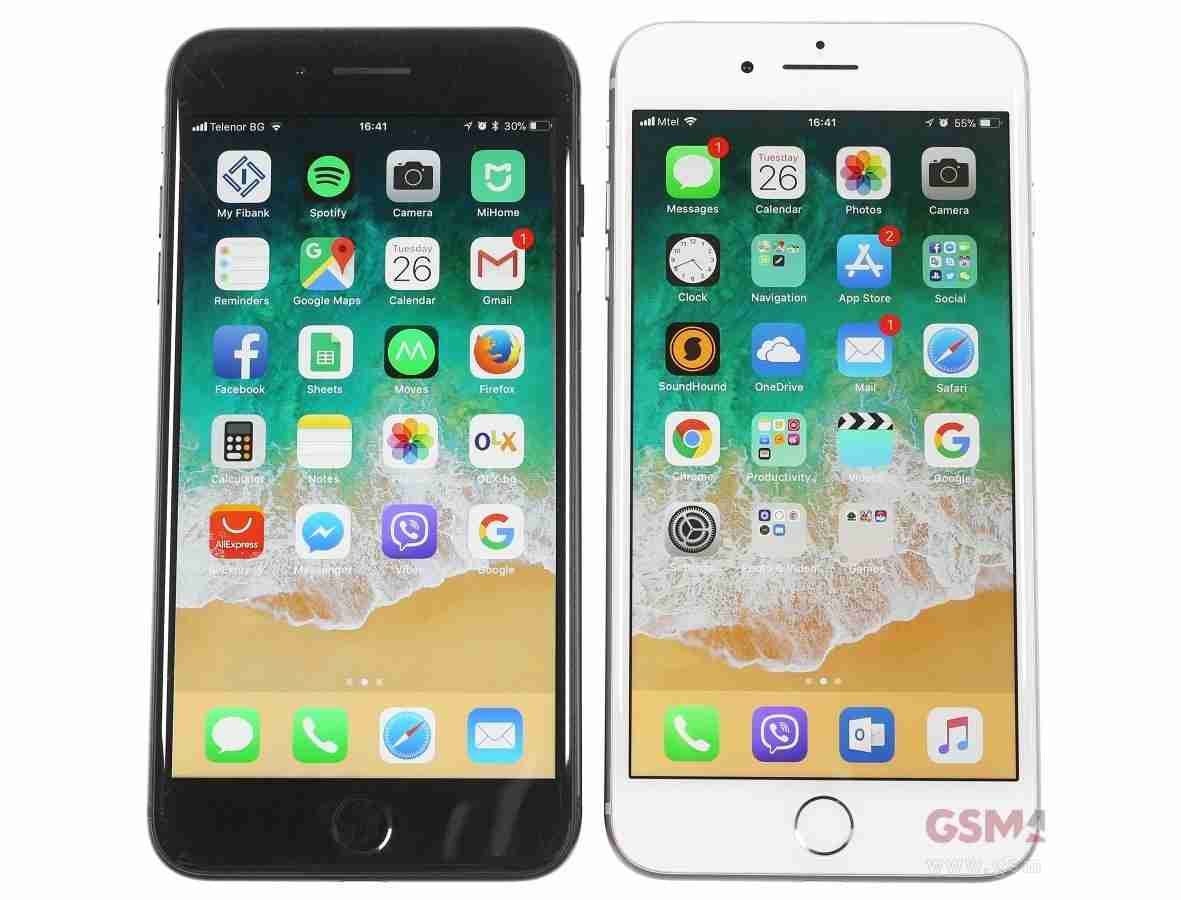Google is a big fan of AI and machine learning. So much so that it is apparently NOT including a dual-lens setup on its incoming Pixel 3 and Pixel 3 XL smartphones.
Why? Because Google believes it can get the same results via AI and machine learning, just as it did on the Pixel 2 and Pixel 2 XL.
Leaked designs of the Pixel 3 phones, as well as phone case for the handsets, appear to confirm this as well.
And given the camera performance of the Pixel 2 and Pixel 2 XL this shouldn’t really be considered a problem.
Both of these phones were exceptional shooters, though many will likely miss this aspect and see the lack of a dual-lens sensor as a backwards step.
Google Pixel 3 vs iPhone XI
Google’s software for its camera is VERY impressive. In most instances, Google’s Pixel phones outperform handsets with dual-lens.
Pixel Camera Product Manager, Isaac Reynolds, said:
“When we picked the hardware, we knew we were getting a sensor where every pixel is split into two sub-pixels.
“This architecture lets us take two pictures out of the same camera lens at the same time: one from the left side of the lens and one through the right.
“This tiny difference in perspective gives the camera depth perception just like your own two eyes, and it generates a depth map of objects in the image from that."
And Google is constantly improving this aspect of its camera technology, so we can expect some big strides forward with this in 2018.
This means Google’s Pixel 3 and Pixel 3 XL will feature dramatically improved imaging performance than their predecessors.
This will be achieved via software improvements and new sensor hardware, most likely.
Google knows it is one of the biggest players in the camera phone space, so it will be keen to cement itself as the pack leader in the latter part of 2018.
Apple’s new iPhones will likely feature hefty camera updates, so Google needs to make sure its Pixel 3 releases are suitably impressive in this context.








